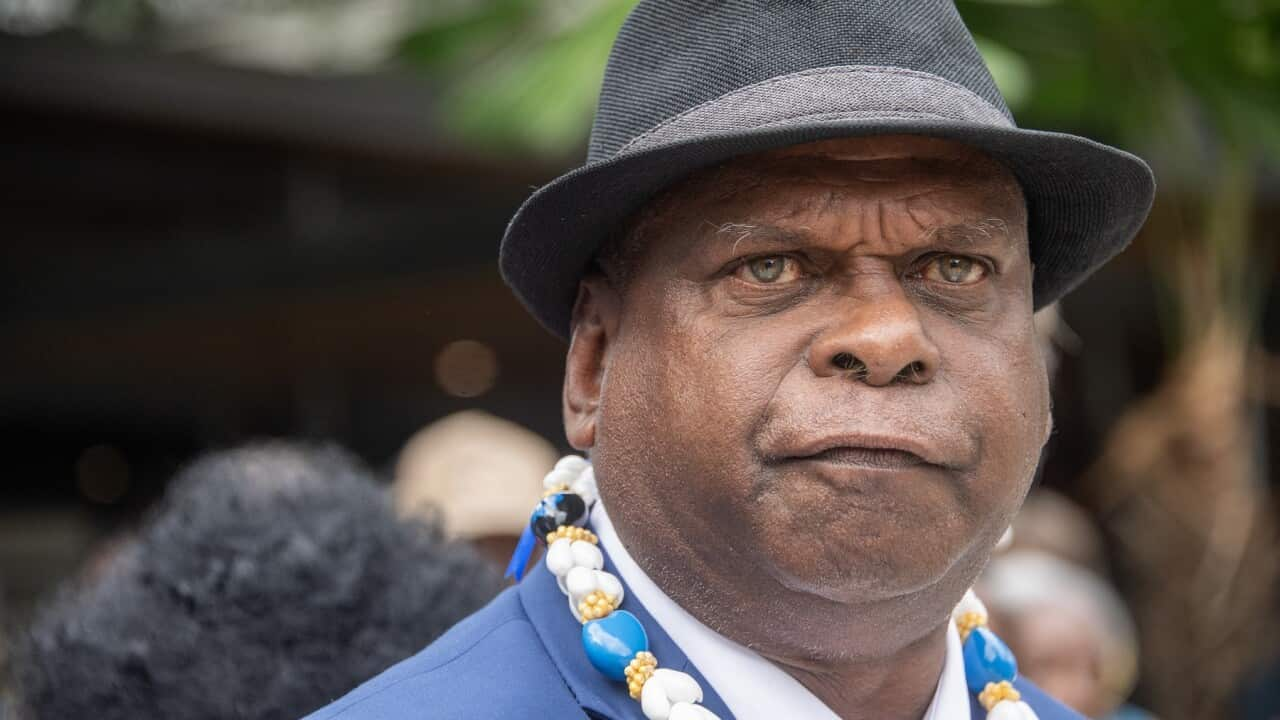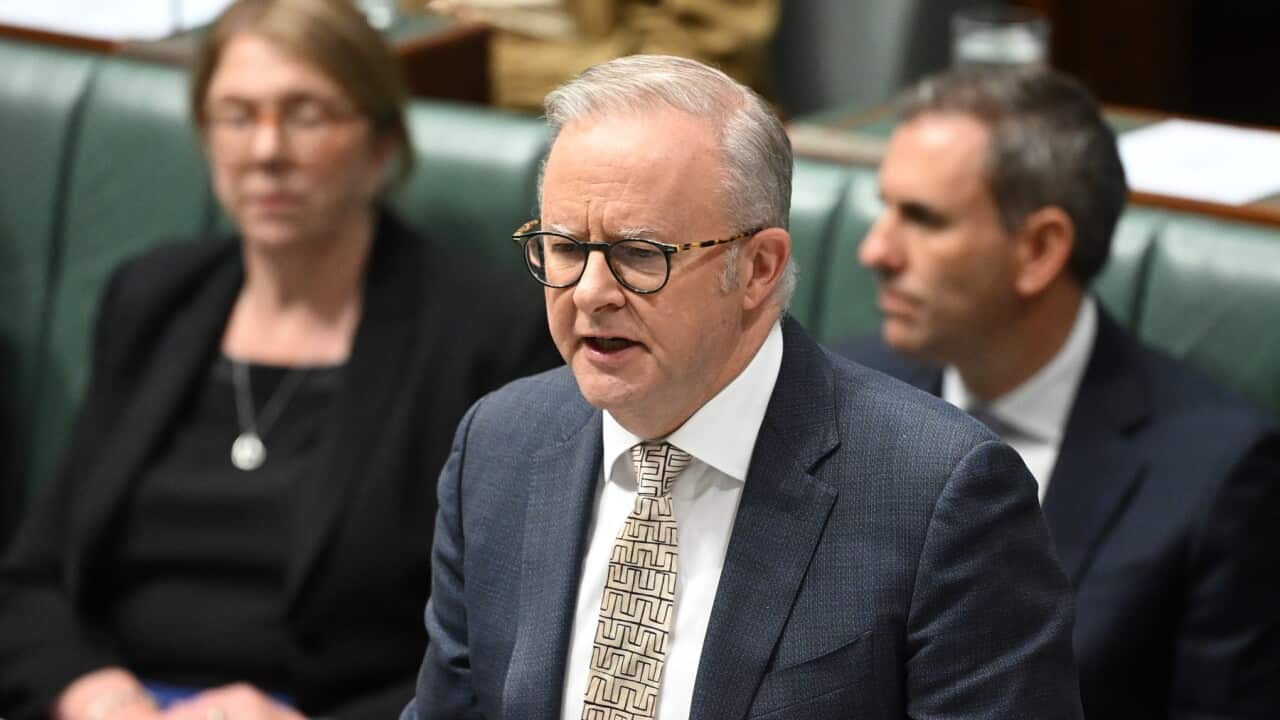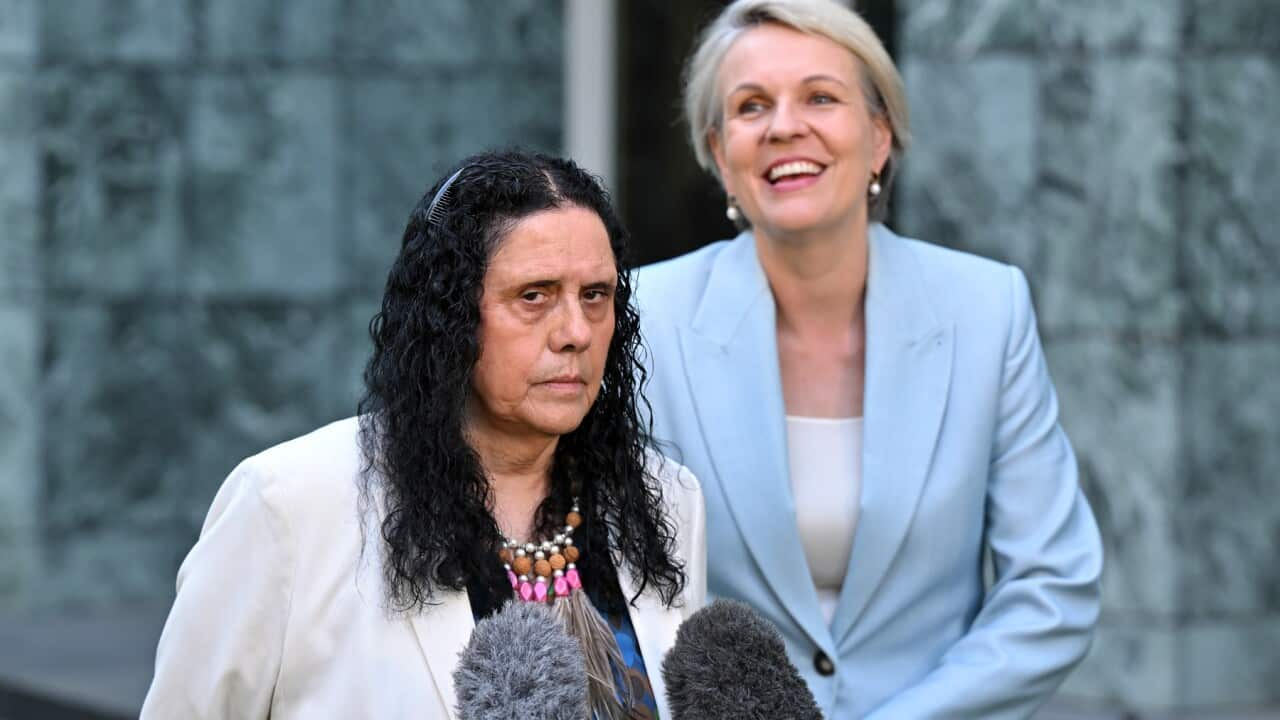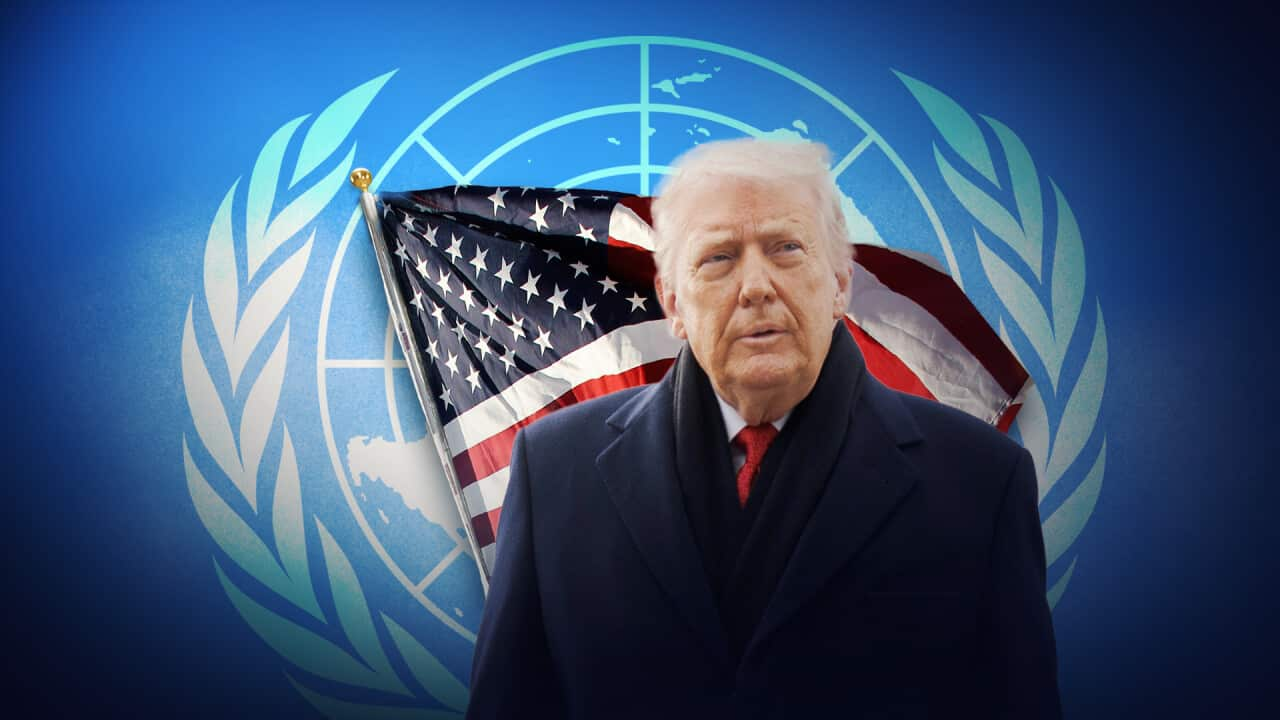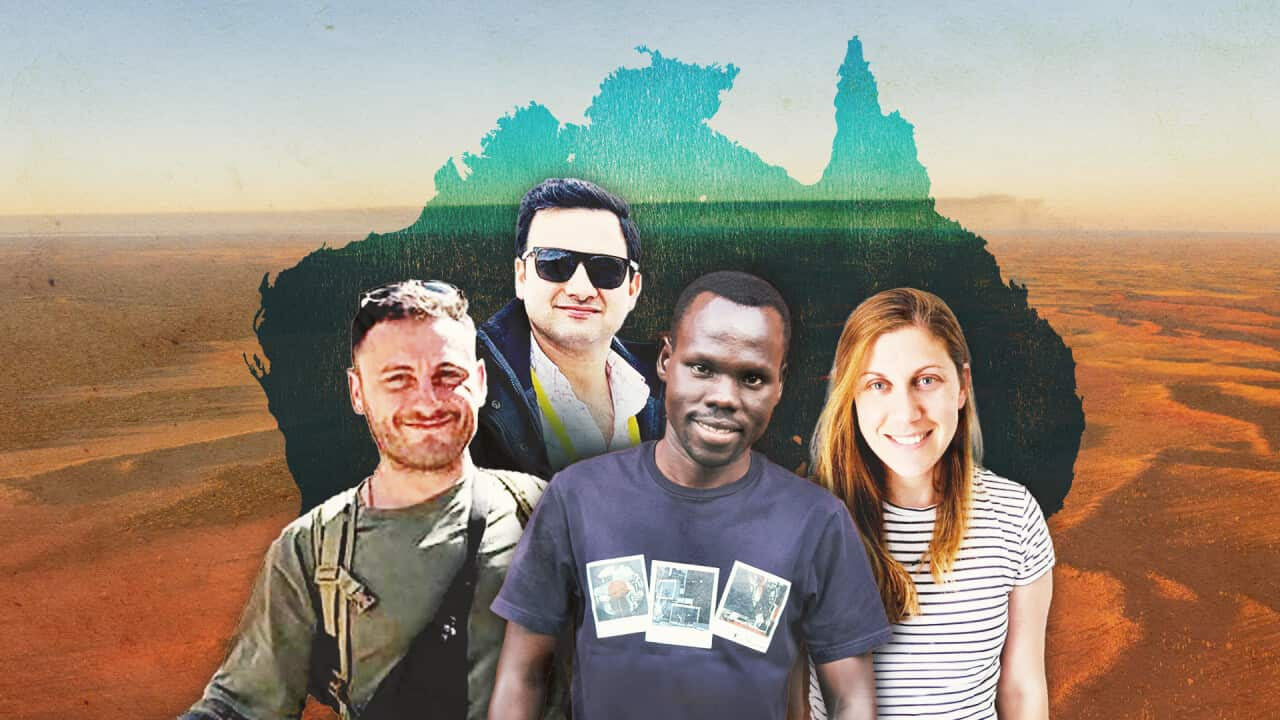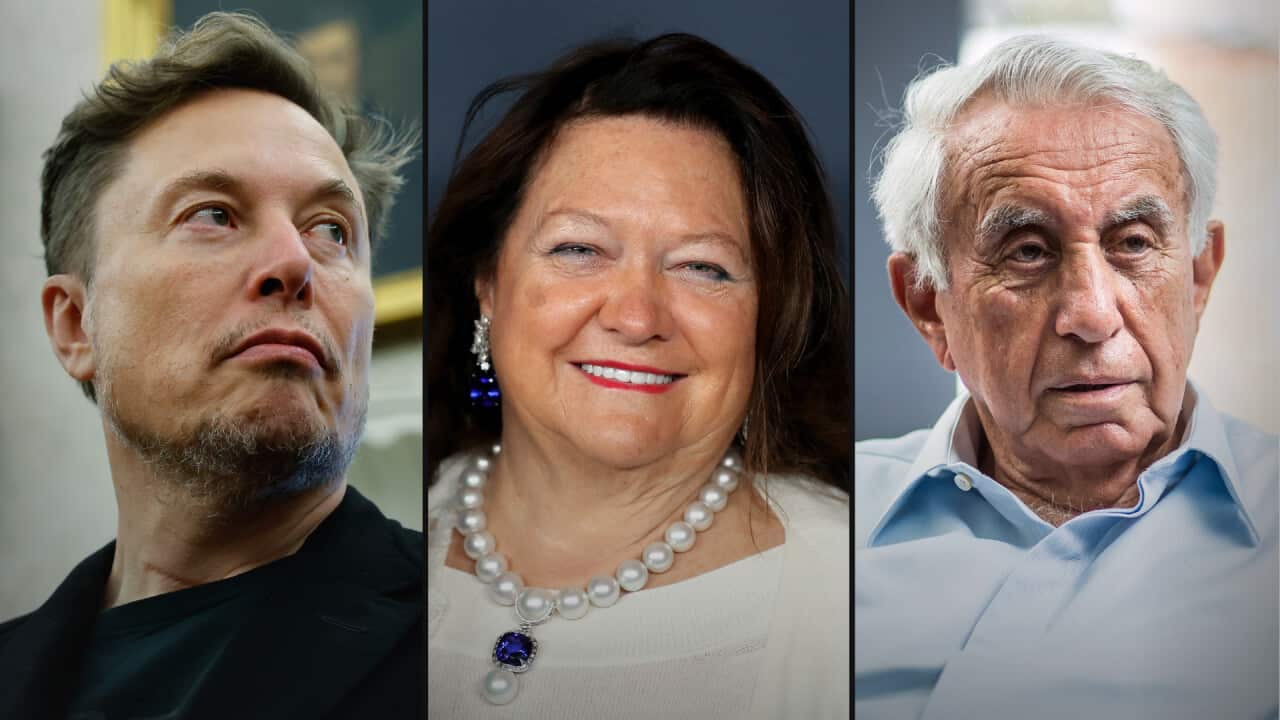Listen to Australian and world news, and follow trending topics with SBS News Podcasts.
TRANSCRIPT:
"I thought that the decision would be in our favour, I’m in shock. This pain isn't just for me, it’s for all people Indigenous and non-Indigenous who have been affected by climate change."
That's Uncle Paul Kabai, expressing the heartbreak now felt by many of Australia's Indigenous peoples on the frontlines of climate change.
The Federal Court has delivered a heavy blow to the hopes of Torres Strait Islanders and climate activists in dismissing a landmark climate case.
The case, first brought by Traditional Owners Uncle Pabai Pabai and Uncle Paul Kabai in 2021, argued the government held a duty of care to the islanders and alleged its failure to adequately reduce greenhouse gas emissions brought harm to their communities.
Justice Michael Wigney delivered the Federal Court's ruling that Australia has no such duty in this case.
"The applicants have not succeeded in making their primary case in negligence. The Commonwealth did not and does not owe Torres Strait Islanders the duty of care alleged by the applicants in support of their primary case. The decisions involved in the setting and communication of Australia's greenhouse gas emissions reduction targets, pursuant to its international obligations or otherwise, are highly political in nature and almost self-evidently involve matters of high or core government policy. They are accordingly not properly subjected to common law duty of care of the sort alleged by the applicants."
It comes as climate experts say the clock is ticking for the Torres Strait Islands – also known as Zenadth Kes – a collection of 200 islands stretching from Cape York to Papua New Guinea.
Uncle Paul Kabai tells NITV after living on these islands for thousands of years, Torres Strait Islanders are now watching sea levels flood their homes, destroy their crops and dislodge sacred burial sites
"We've lost everything. Gardens. How can we teach our kids that this is the right season to plant banana trees, when to plant sweet potato, when to plant taro? All those things are gone. There are no more garden beds, too much salt."
With sea levels rising twice the speed as the global average, the court heard evidence that communities on Boigu and Saibai in the Torres Strait could have less than 30 years left before their islands become uninhabitable.
Justice Wigney says he sympathised with the alarming evidence, emphasising that his findings on this matter should not be construed as a dismissal of the unfolding devastation to Torres Strait communities.
"The findings I have made cannot and should not be construed as somehow sanctioning or justifying the unquestionably modest and unambitious greenhouse gas emissions reduction targets that were set by the Commonwealth in 2015, 2020 and 2021. The Torres Strait Islands and their traditional inhabitants are quite literally at the very frontline of climate change and its devastating impacts. Unless something is done to arrest global warming and the resulting escalating impacts of climate change, there's a very real risk that the applicants' worst fears will be realised and they will lose their islands, their culture and their way of life and will become - as it were - climate refugees."
But for those hoping for a ruling that would compel the government to act to further reduce emissions to help ensure the world doesn't exceed the global temperature target - of 1.5 degrees Celsius above pre-industrial levels - they will be disappointed by the result.
The historic case was filed in the Federal Court in 2021 with the two Torres Strait Islander men arguing the government had not done enough to protect their people and islands from climate change.
A year later in 2022, the United Nations Human Rights Committee ruled that Australia's failure to act on the climate crisis had breached the rights of Torres Strait Islanders.
Isabelle Reinecke is the Founder and Executive Director of Grata Fund, a not-for-profit litigation company which supported the Federal Court case.
She says it was modelled on a previous case by a Dutch environmental group (Urgenda Foundation) which led to the Netherlands being found legally-obliged to reduce emissions to protect the human rights of its citizens.
"It really is a landmark and is being watched around the world, and it's modelled on the most successful global climate case in history out of the Netherlands where the Dutch people successfully sued their government for similar climate negligence."
After the disappointing outcome for the Indigenous leaders, Ms Reinecke says the fight is far from over for Torres Strait Islanders, who will continue to advocate for the protection of their communities.
"The communities and the elders that I'm working with are so clear and determined they know what they're up against and they believe that they will keep fighting with what comes next. I really believe that today is just the beginning of the next chapter in what will be a long-term fight for many Australians to really hold the government accountable for its harms and to really ensure that we're all taken care of in the way that we need to be."
Uncle Pabai Pabai says he is heartbroken but love for his community will keep him fighting on.
“My heart is broken for my family and my community. Love has driven us on this journey for the last 5 years, love for our families and communities. That love will keep driving us."
